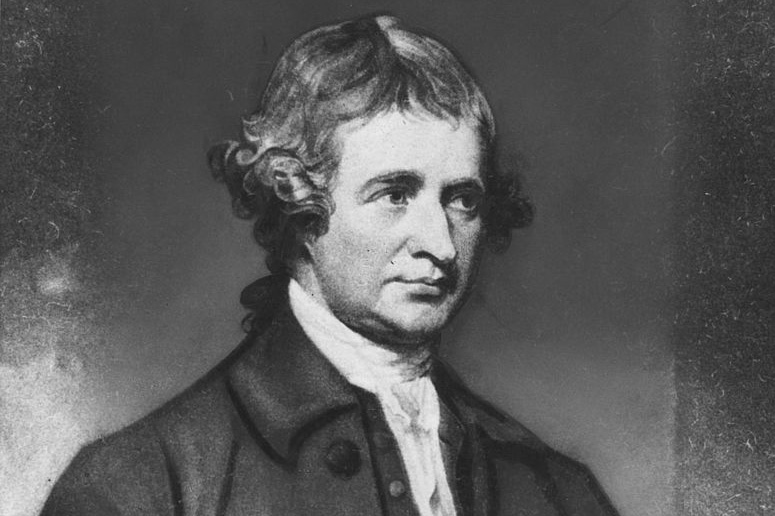
circa 1780: Irish born political philosopher and statesman Edmund Burke (1729 - 1797). (Photo by Hulton Archive/Getty Images)
In a reflection on Australia’s political history, the significance of early leadership is brought to light, particularly through the vision of its first elected head of government, James Hurtle Fisher. In 1840, Fisher expressed to the Governor that representative government was “one of the most invaluable privileges of British subjects.” This statement underlines a foundational belief in governance that prioritizes the voices of the people over autocratic rule.
Fisher’s vision for a balanced parliamentary system set the tone for Australia’s political evolution, advocating for a democratic framework that would accommodate the diverse interests of its settlers. He believed in the necessity of economic growth and local autonomy, a sentiment echoed by the political leaders of the time who fought for parliaments that could effectively represent the needs of the colony. With the establishment of one-man-one-vote systems in several colonies during the 1850s, Australia began to carve out a unique approach to governance that distinguished it from its colonial predecessors.
Early Leaders and Democratic Ideals
The early leaders of Australia, including Fisher and others influenced by political philosopher Edmund Burke, envisioned a parliament characterized by “perpetual treaty and compromise.” They were tasked with representing the electorate’s interests, prioritizing the collective needs over personal ambitions. This approach was crucial in fostering a sense of community and shared purpose among the diverse populations of the Australian colonies.
Despite facing challenges, including controversies surrounding business practices and resistance to democratic ideals, the leaders of this era were committed to evolutionary progress rather than violent upheaval. This philosophy was instrumental as Australia transitioned from a predominantly British identity to a more distinctly Australian character throughout the 19th century.
The pastoral wealth generated from cattle and sheep farming became the backbone of the economy, sustaining the colonies and supporting their growing populations. The establishment of local parliaments, modeled after the British system yet more democratic in nature, played a pivotal role in unifying various interests and fostering political stability.
Reflections on Modern Governance
Yet, as Australia reflects on its historical achievements, there are concerns regarding current governance and societal dynamics. The government’s recent initiatives aimed at “changing the country” have sparked debates about the focus on economic growth versus social engineering. Critics argue that policies prioritizing identity over merit may detract from the foundational values that led to Australia’s success.
As citizens engage in discussions about the future direction of the country, the lessons from early leaders like Fisher remain relevant. Their commitment to self-governance and economic prosperity serves as a reminder of the importance of balanced, mature judgment in political discourse.
The challenges faced today echo an ongoing struggle for a cohesive national identity, where the legacies of past leaders can guide contemporary decision-making. The emphasis on fostering a productive economy while maintaining social unity is critical. As the nation navigates these complexities, it must remember the achievements of its predecessors and strive for a governance model that upholds the principles of democracy and community engagement.
In this context, Professor Reg Hamilton from the School of Business and Law at Central Queensland University emphasizes the need for a return to the foundational values of governance. He advocates for a focus on economic issues and responsible immigration policies, arguing that the government should prioritize maintaining the prosperity that previous generations fought to establish.
Ultimately, Australia’s political history provides a wealth of insights that can inform current governance. The vision set forth by early leaders like James Hurtle Fisher, rooted in compromise and collective welfare, remains a guiding principle as the nation confronts modern challenges.







